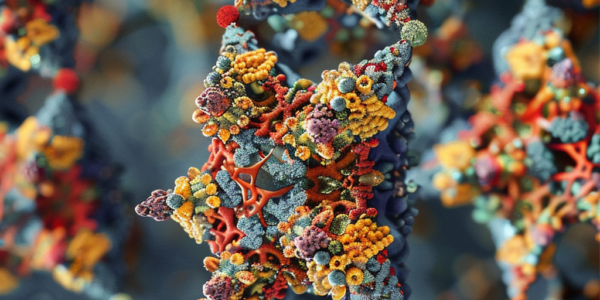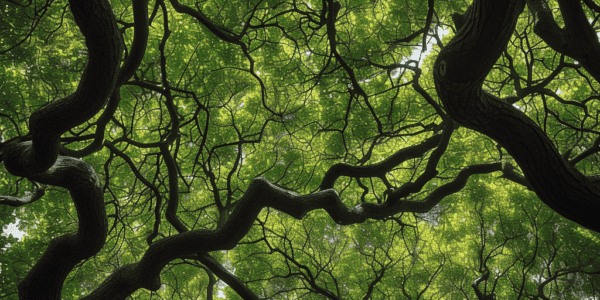Natural Protein Citrate Synthase Self-Assembles into Fractals, Study Shows
A recent study published in Nature has reported the emergence of a natural protein, citrate synthase from the cyanobacterium Synechococcus elongatus, which self-assembles into Sierpiński triangles. The research utilized cryo-electron microscopy to reveal how the fractal assembles from a hexameric building block and found that different stimuli can modulate the formation of fractal complexes. Despite the discovery, the study suggests that the fractal may not serve a physiological function in vivo, but the discovery of a natural protein self-assembling into fractals sheds light on the potential complexity and beauty of molecular-scale structures in nature.
Challenging the Concept of Fractality in Forest Canopies
The complexity of forests has long fascinated scientists, as the way trees grow together in a forest does not resemble how branches grow on a single tree. The structure of the top layer of a forest, known as the canopy,…


